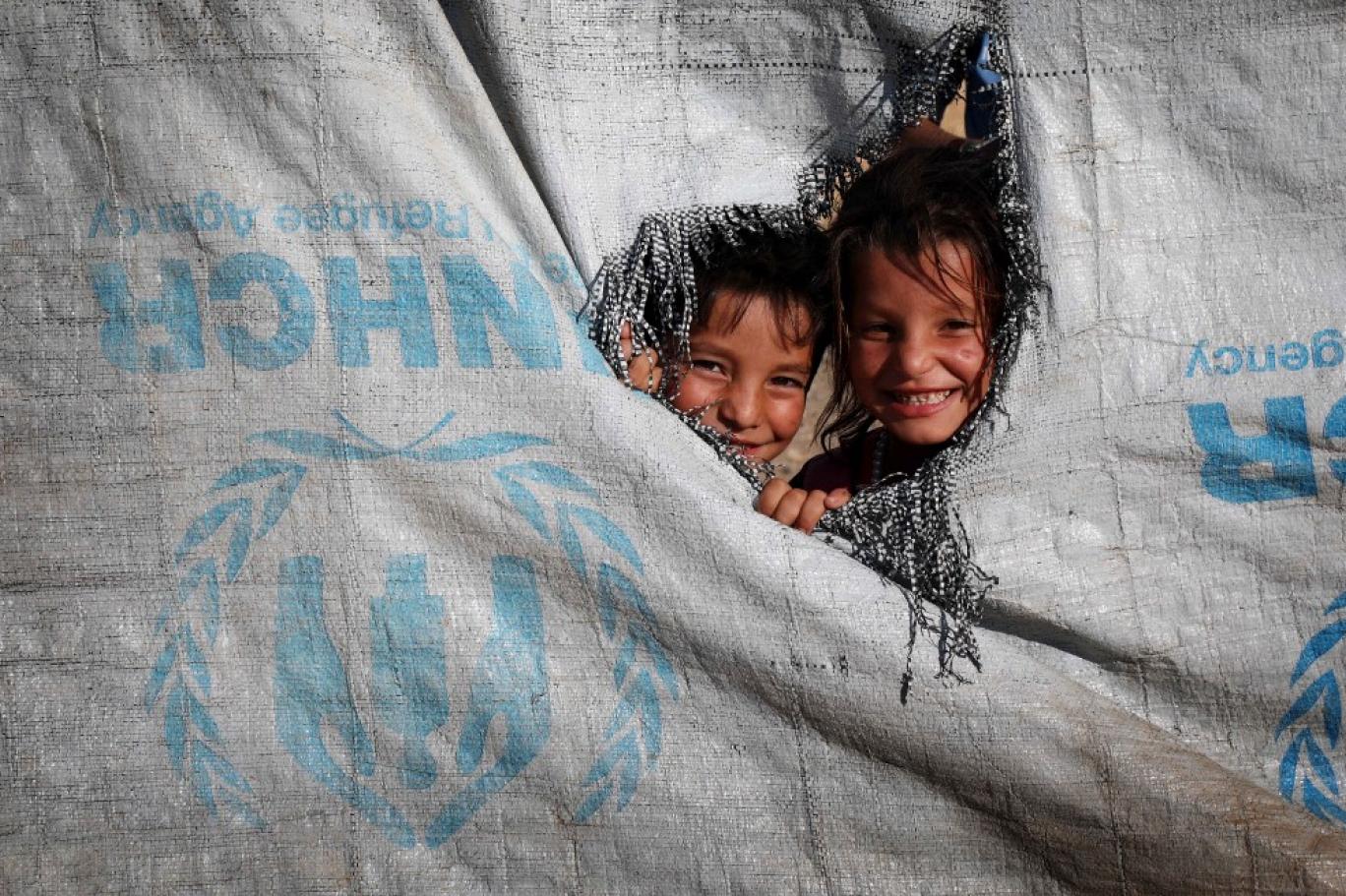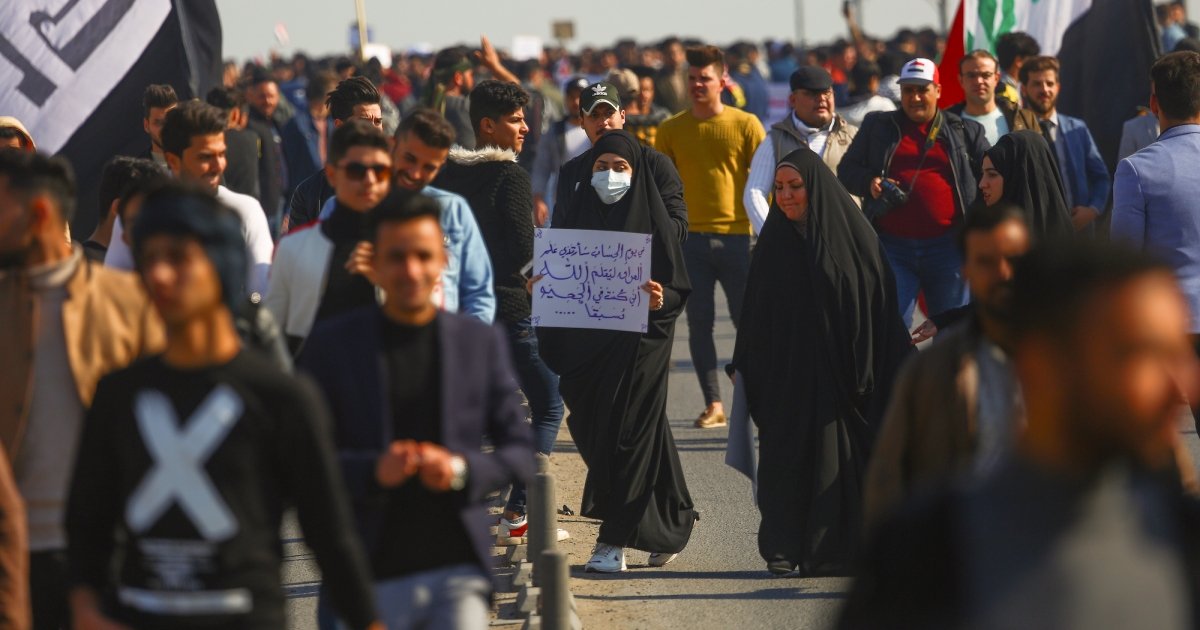Many patients go to hospitals to feel better, right? Well, yes, but at the same time, there are a few who seek refuge from domestic violence and abuse. They receive a myriad of treatments over the course of their lives.
In Iraq, until this day, there’s a stigma around women and men talking about their mental health, not to mention physical abuse.
In hospitals, some doctors try to sympathize with the patients, but they rarely can do something to change the situation, since they either encounter a problem from the family or they receive death threats if they try to support further (such as asking the abuser to stop abusing, and calling the police).
I sat with a doctor to hear understand what he had witnessed. Here is are a few glimpses of what the doctor shared with me.
Case One: Teenage boy seeking treatment alone for sexual abuse
“During my general surgery rotation, I was faced with interesting cases in our medical field, yet this one particular case left a huge impact on me. One morning, as I was touring with my GS mentor and his residents, we saw a patient who suffered from peri-anal lacerations (tearing around the anus) which extended from the anal hole all the way up to scrotal midline. He was admitted to the hospital after two days of the injury, came alone with no family members. The boy, who was a bit obese in size, was later operated and got his lacerations sutured. But during the suturing, I was the only female student in the room, the rest being male nurses, I was looked at and heard mockery, at both me and the child.
My mentor was the only one who was not mocking, due to his respect for the Hippocratic Oath (of medical ethics)
I later understood this child’s history from the GS resident who admitted him. It turns out he was enduring sexual abuse by some of his friends and elder siblings.
He was monitored and released, but we were never able to speak with him in order for him to receive psychiatric treatment, considering the fact that the suggestion would hurt him even further — because of the way it is looked upon here with shame.”
Case Two: Father abusing young adolescent girl for disobedience
“A very young female patient from southern Iraq visited us while I was doing a neurology rotation. The girl had repetitive shaking and shortness of breath, and severe anxiety attacks. She was fearful towards everything, even a simple neurological examination. We decided to look further into her history, and we were able to learn that she had received multiple beatings from her father, and had also been bullied in school by her own teachers, as she went to a normal governmental school.
Unfortunately, we couldn’t treat this patient at our clinic and our head doctor decided to transfer her to the psychiatrist, considering that her case required multiple treatments in cognitive behavioral therapy, which would take a long time.”
"There are also untold cases of emotional pressure and control of women by their partners or families that threaten the health and well-being of the women. For instance, a woman with HPV in her 30s, married and divorced with 3 children. She came complaining of HPV (a sexually transmitted disease), due to her being in a relationship with another man (without her family’s knowledge, and after her divorce). As such, she was married to him under the title of “secret marriage.” But unbeknownst to her, that man had HPV and transmitted it to her. Unfortunately, even after finding out, the man didn’t allow her to divorce him, in fact threatened her with exposing her to everyone. We doctors do not have a say in such cases, yet we treat. So the woman, in the end, went under strict observation and cauterization of the skin lesions. But what makes it an issue for us, in terms of health, is that this type of STD can cause cervical cancer. And after undergoing a pap smear, it turned out that the woman has indeed contracted HPV16, which is a cancerous type. And unfortunately, there is no treatment for HPV, even up until now.
Another case is that of a woman in her 20s, a hijabi who was a previous patient of the doctor I am attending with. She has polycystic ovarian syndrome, which is quite common in females and causes secondary infertility. But this patient has been treated, and fortunately maintained a healthy lifestyle, and got married. Then, after several months, she came for a health check up. Now, normally gynecologists request an ultrasound of the ovaries in this disease to see the ovum growth, so she was sent to the ultrasound doctor in the room beside her. The ultrasound doctor happens to be a senior male doctor, which the patient herself was okay with. But when her husband found out, he began yelling and cursing at the senior doctor and almost broke his ultrasound machine (which could be almost $10,000). He kept saying, “This is a hijabi girl! How can you guys do this to her — how can a strange man touch her or see her abdomen.” And he started cursing.
From my perspective, religion and medicine shouldn’t interfere with each other, and many religious clerics have expressed that if it’s necessary and is related to health issues, it’s completely fine for a male doctor to check his female patient. Not to mention that the senior doctor himself was wearing gloves, and he would not touch her directly due to the fact that he was holding his ultrasound wand.
Later on, the husband of this girl came back and spoke to the gynecologist about the need to get his wife an ultrasound. The gynecologist was fuming with anger, but kept cool and told him that he can do it wherever he wants and bring the result back to their clinic. But the issue was that he kept interfering even with the doctor’s prescription and orders, which is only for the patient’s health. And the doctor has known the patient for ages — much longer, in fact, than her new husband."
_________________
Just to emphasize, not all victims come for help. Some of them die from shame or violence. According to a UNICEF report, “In Iraq, about 1.32 million people (75% women and adolescent girls) are at risk of different forms of gender-based violence, with 77 percent of GBV incidents linked to domestic violence, which has reportedly increased during COVID-19.1”
Although medical treatment has been advancing, there are some cases that are human-caused — such as trauma and violence. There are not many psychiatrists in Iraq, nor effective programs that protect young women and men from such incidents. There are millions of untold stories that doctors encounter every day, and patients seek refuge in hospitals, sometimes alone, to get better. Or at least to feel that they are being heard.




